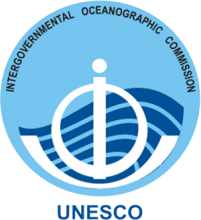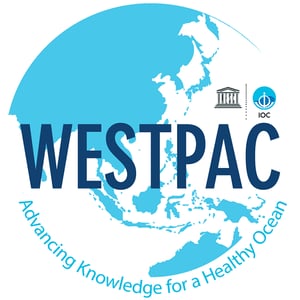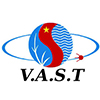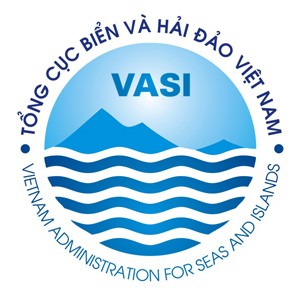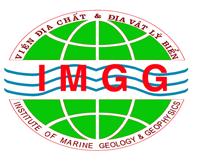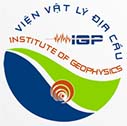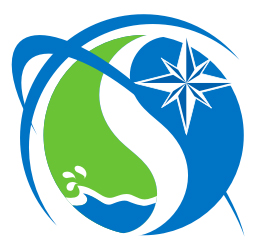The three days WESTPAC workshop on Microplastics (20- 22 September 2017) finally culminated in a strong willingness to conduct joint research and monitoring of microplastics in the region.

Plastic pieces in the ocean damage wildlife and enter the food chain when ingested by fish. Photo credit: Bryce Groark/Alamy/theguardian
Microplastics are small pieces of plastic found in the ocean, commonly defined as less than 5 millimeters in diameter. In general, microplastics are classified into two distinct types: ‘primary’ and ‘secondary’. Plastic pellets and plastic particles manufactured for particular applications, such as cosmetic products and abrasives, are often called ‘primary’ microplastics, and microplastics produced as a result of fragmentation from larger items are called ‘secondary’ microplastics.
Microplastics, because of their very tiny size, could be ingested and accumulated in the bodies of many organisms such as mammals, sea birds, sea turtles, fishes and invertebrates. In recent years, the world has seen mounting concerns over microplastics in ocean environment and its potential effects on human health.
“We eat what we throw away,” Dr Won Joon Shim from the Korea Institute of Ocean Science and Technology (KIOST) alerted on the microplastics pollution.
Macroplastics are much closely associated with population, plastics production and management. It was said the greatest contributors to plastic pollution in the oceans are the emerging Asian economies, and several countries in the region will even rank among the top polluters unless corrective actions are to be taken.
Considering limited scientific knowledge on the entire cycle and movement of microplastics in marine environment, WESTPAC takes the initiative to advance cooperation among institutions and countries in the region, with aims to establish marine microplastics monitoring and research network(s); and develop a joint-monitoring and research plan for MP in the region.
The workshop received overwhelming interests from countries in the region, as evidenced by the participation of some 50 experts from 10 countries in the region. Participants at the three-day workshop reviewed current global status of microplastics, and were provided with an overview of existing standard methods and protocols for microplastics sampling and laboratory analysis. Following the presentations on microplastics research and monitoring efforts in respective institutions and countries, desktop exercise and plenary discussions were conducted to draw a joint workplan over the next intersessional period.

The workshop generated a positive result with all participants determined to develop standard operating procedures for sampling and analysis for microplastics in beach, surface water and marine organisms. As an initial step, more than 50 sites (beach) were proposed by participants to join the programme, with samples to be taken in accordance with the draft SOPs in beach sediment that has been elaborated at the workshop and are to be further finalized by 2017. Meanwhile two working groups were established with one on development of SOPs for microplastics in surface water, and the other on marine organism to keep strengthening the established network of scientists who are interested in studying the effects of microplastics in marine organisms.
“This is the very first time for microplastics research that experts from the region are unified and discussed on suitable SOPs in order to conduct joint regional research and monitoring. The results from this collaboration will surely enable all of us to improve our understanding and help address multi-dimension of MP issues,” stated Dr Daoji Li, WESTPAC Principal Investigator for microplastics. “The cooperation established could serve as a model for other international scientific societies to draw on experience from,” he emphasized.
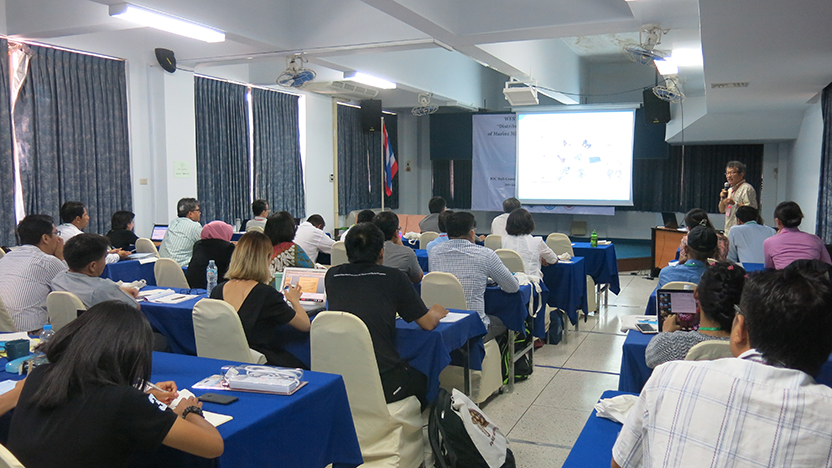
The first-ever regional microplastics workshop was hosted by the Phuket Marine Biological Center, with generous support of the Thailand National Commission for UNESCO. The next WESTPAC workshop on microplastics was scheduled for September 2018, Shanghai, upon the kind offer of the East China Normal University.



